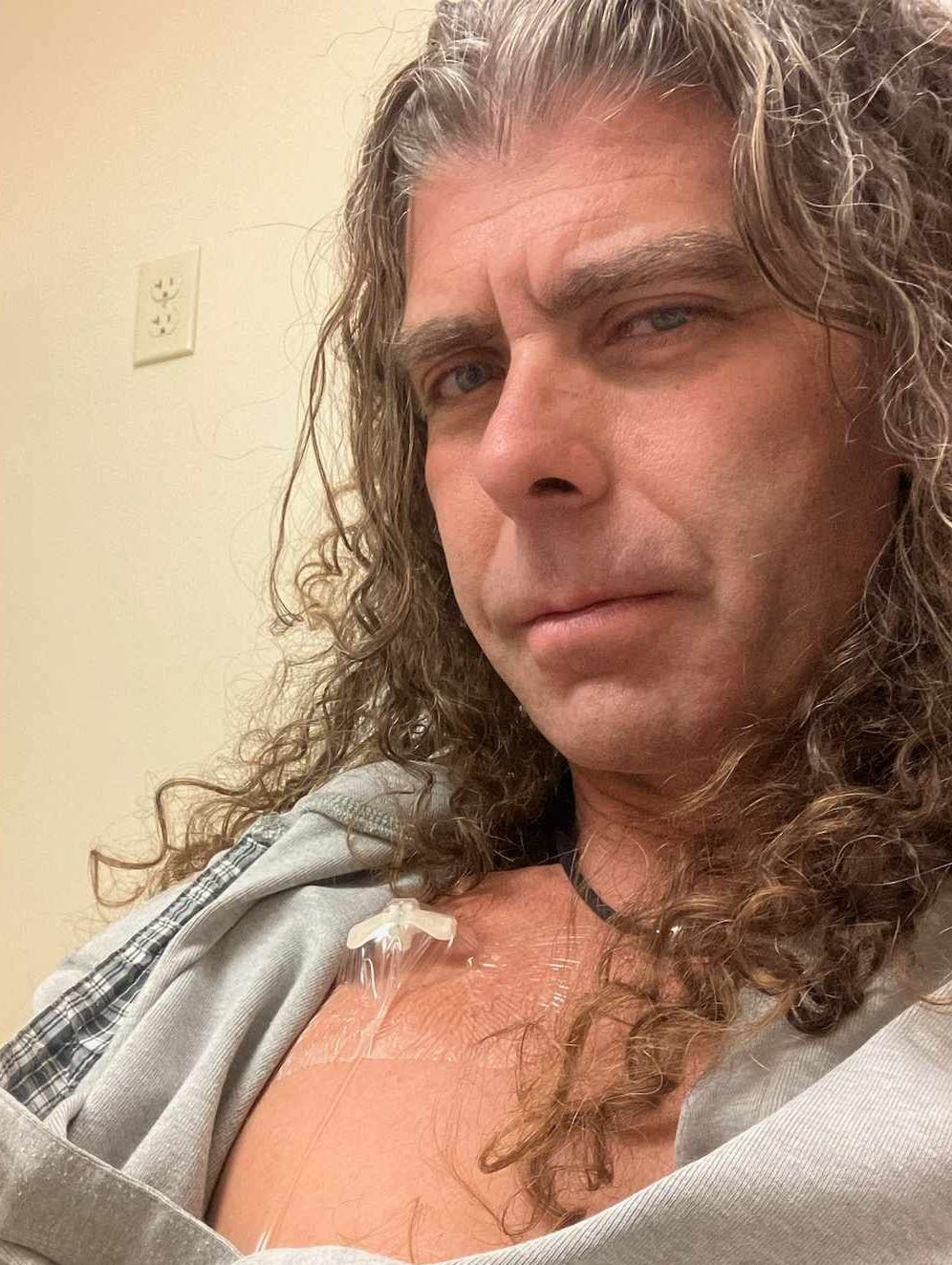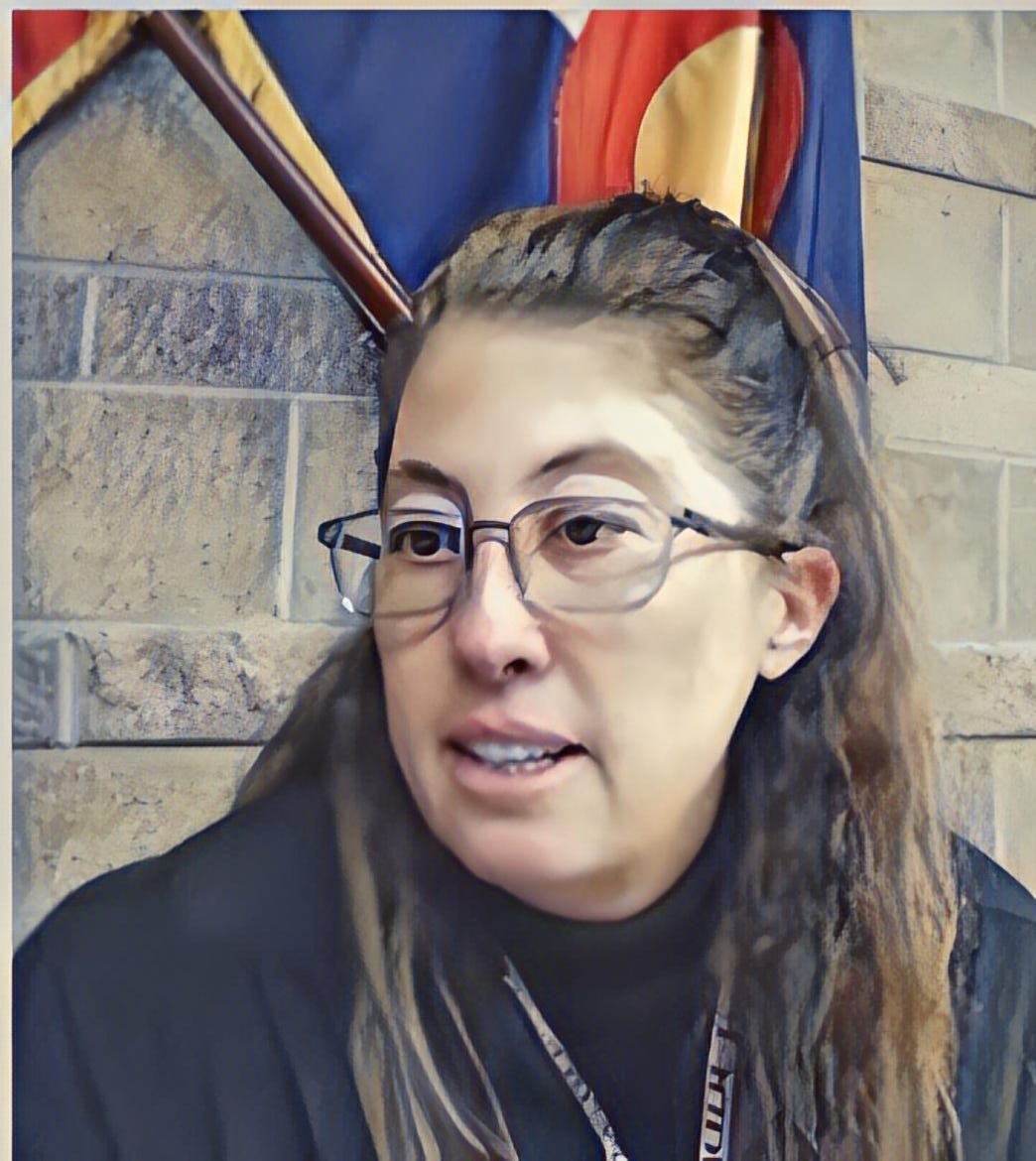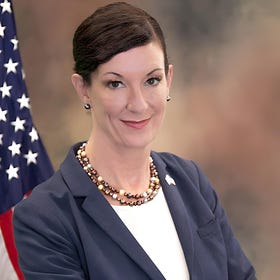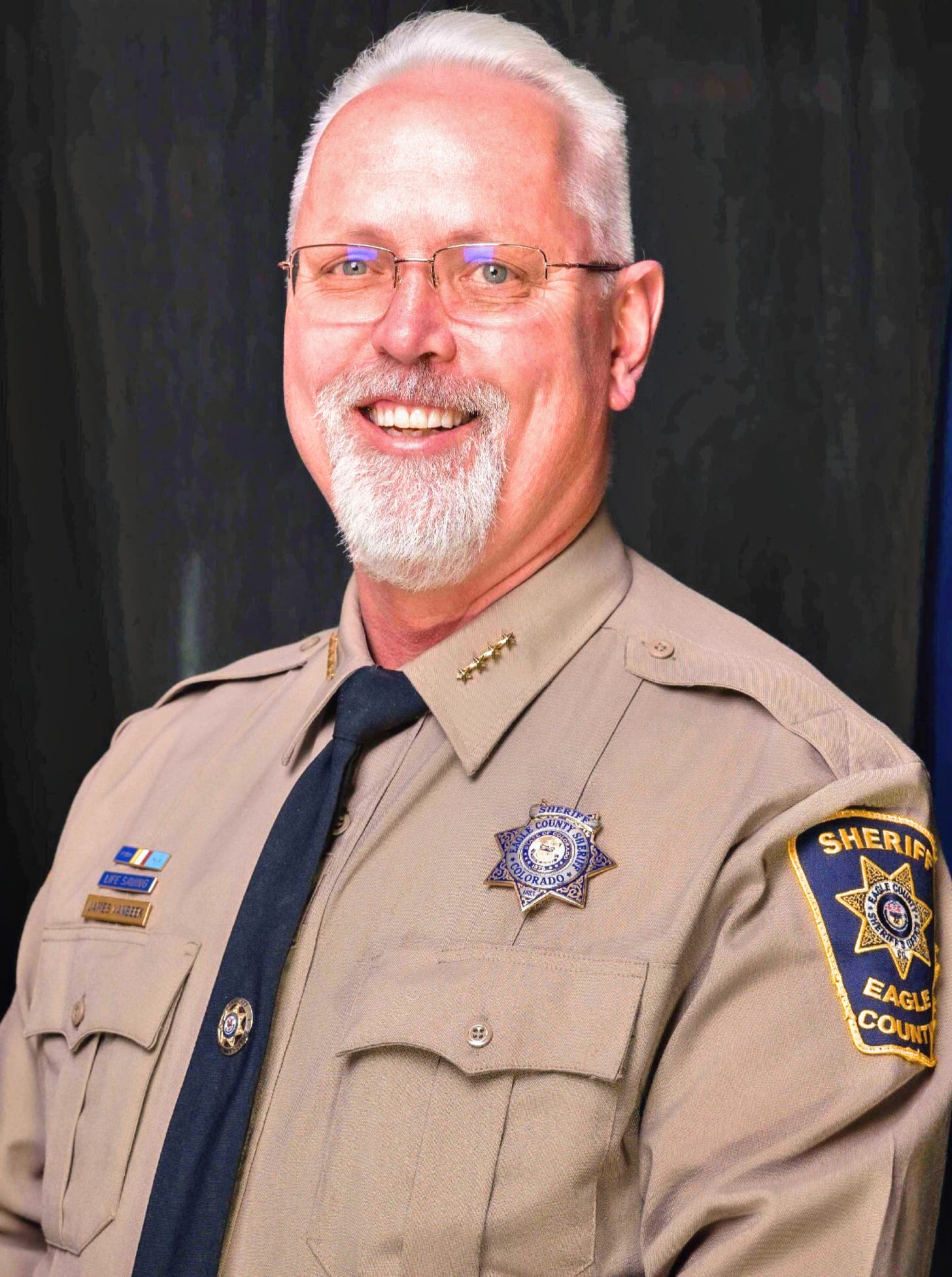Legal Black Widow: Vengeful Ex's Lies Trap Cancer Patient in Life-or-Death Court Drama
Colorado's 'Unofficial Death Penalty' Targets Cancer-Stricken Man With Silver Bullet

By Dick LaFontaine and Richard Luthmann
Nestled in the Rocky Mountains, Eagle County, Colorado, is a skiing and mountain paradise. There, residents enjoy the third-longest life expectancy in the United States, owing to high education, high income, and high access to medical care. Census records show that this Colorado county, where the death penalty was legally abolished in March 2020, has a population that is over 70% white.
However, the current case of cancer-stricken Philip A. Kenner tests the limits of justice and mercy and whether rural Colorado still has a death penalty in practice.
Judge Inga H. Causey, a figure known for her prosecutorial past, presides over this legal paradox. Yet, beneath the veneer of the judicial process lies a story of betrayal, false accusations, and a fight for life against a terminal illness.
Kenner finds himself entangled in a legal battle that could seal his fate far sooner than his disease. His former live-in girlfriend, Marlene Grissom, is painted as the architect of his downfall, using lies to manipulate the legal system to her advantage.

Grissom, accused of embodying the "black widow" trope, leveraged affidavits filled with “falsehoods,” setting the stage for Kenner's arrest and detention.
On February 16, 2024, Kenner filed a letter application with the Eagle County Court. The filed court document highlights the dire circumstances of his incarceration. He says Grissom’s lies have denied him the cancer treatments he desperately needs.
“I am currently on CARES Act release from the Federal Bureau of Prisons (BOP). The basis of the release is that I have cancer, which has now been rendered institutionally terminal by fraudulent and criminal tactics. Neither the BOP nor any institutional setting has the facilities to treat me effectively, and BOP Director Collette S. Peters recently admitted as much within the past week,” Kenner’s letter says.
Just days ago, the Justice Department's Office of the Inspector General issued a scathing report detailing extreme staffing shortages, policy violations, and systemic operational failures that contributed to hundreds of likely preventable inmate deaths across the BOP system between 2014 and 2021.
The case hinges on a Temporary Restraining Order (TRO) allegedly violated by Kenner, but the evidence—or lack thereof—tells a different story.
“Effectively, Your Honor presides over a Death Penalty case because I have been remanded to the custody of the U.S. Marshal based upon the false, baseless, and frankly criminal claims lodged by Ms. Grissom. The affidavits she has signed are false on their face. There has already been a court hearing before Your Honor. Ms. Grissom admitted she had no proof and no case. And yet, I still languish in federal lock-up, missing scheduled cancer treatments,” Kenner’s papers say.

As noted in the TRO, Grissom's absence from Kenner's residence and workplace contradicts the reality of their separation last year. Kenner seeks to subpoena Eagle County Sheriff James van Beeks’s office. He says Deputy Kasper, who served the TRO, witnessed the inconsistencies in Grissom's story and his good faith.
“Sheriff Kasper…can attest to informing me of my rights upon delivering the original TRO and verbally confirming that I could remain at the residence (as it was visually inspected and Ms. Grissom did not reside there) and that I was personally permitted to retrieve my belongings from work because Ms. Grissom was not an employee,” Kenner’s papers say.
He argues that he didn’t violate any of the Court’s Orders, as it would have been impossible. Grissom had moved out of Kenner’s apartment in late December last year and wasn’t working at Kenner's auto shop. Both were locations listed on the TRO, and there wasn’t any basis for them to be there.
Kenner further says that even if there was a technical violation of the order, it was based on reliance on the good faith statements and directions of Sheriff Kasper. He doesn’t believe Judge Causey should deal him the “ultimate sentence” for conduct that amounts to listening to law enforcement instructions.
“This violation led to my unjust incarceration, as I was ordered to vacate the only two locations where I was lawfully permitted, fully aware that Ms. Grissom knew of these locations and my schedule, which has been consistent seven days a week since June 20, 2023.”
Yet, despite the lack of concrete evidence, Kenner remains behind bars, his health in peril.
As Judge Causey deliberates over this convoluted case, questions loom large. Can justice be served when the scales are so heavily tipped by deceit and manipulation? The absence of the death penalty in Colorado stands in stark contrast to the de facto sentence Kenner faces—a slow march towards demise if denied access to critical medical treatment.
Grissom's motives, as depicted in Kenner's letter, suggest a chilling willingness to sacrifice Kenner's life for personal gain. The accusations against her paint a picture of a woman driven by vindictiveness, using the court as her weapon of choice. Yet, as the court proceedings drag on, Kenner's fate hangs in the balance, a testament to the destructive power of the “Silver Bullet” - false allegations without due diligence and compassion.
“If you are a woman, false allegations solemnized by the courts are the fastest way for you to destroy your partner or former partner. Even if a woman falsely alleges domestic violence, she is likely never to be punished for perjury - and she is likely to receive control of money, property, and assistance from the state. Ms. Grissom seeks – and to this point has been awarded - Court-endorsed homicide,” Kenner’s papers say.

Whether Grissom has compassion for cancer patients is a matter up for discussion. On May 19, 2017, her Facebook page supported Brain Cancer Awareness. Maybe Kenner just didn’t have the “right kind” of cancer for her to wear a ribbon.
The involvement of Eagle County Sheriff James van Beek and his office, through Deputy Kasper's actions, adds a layer of complexity to the case. Their role in serving the TRO and the subsequent enforcement actions underscore the challenges law enforcement faces in navigating the murky waters of domestic disputes and legal orders.
Judge Causey now faces a critical decision. Will she recognize the injustices at play and grant Kenner the chance to fight his cancer outside the confines of incarceration? Or will she continue down a path that critics argue mimics a death penalty, one not sanctioned by law but equally final?
The outcome of this case is being watched well beyond the confines of Eagle County and could serve as a litmus test for a justice system grappling with its limitations and the human cost of its decisions.
What do you think?









